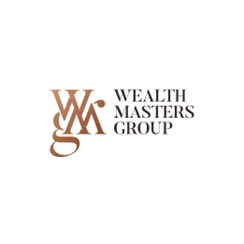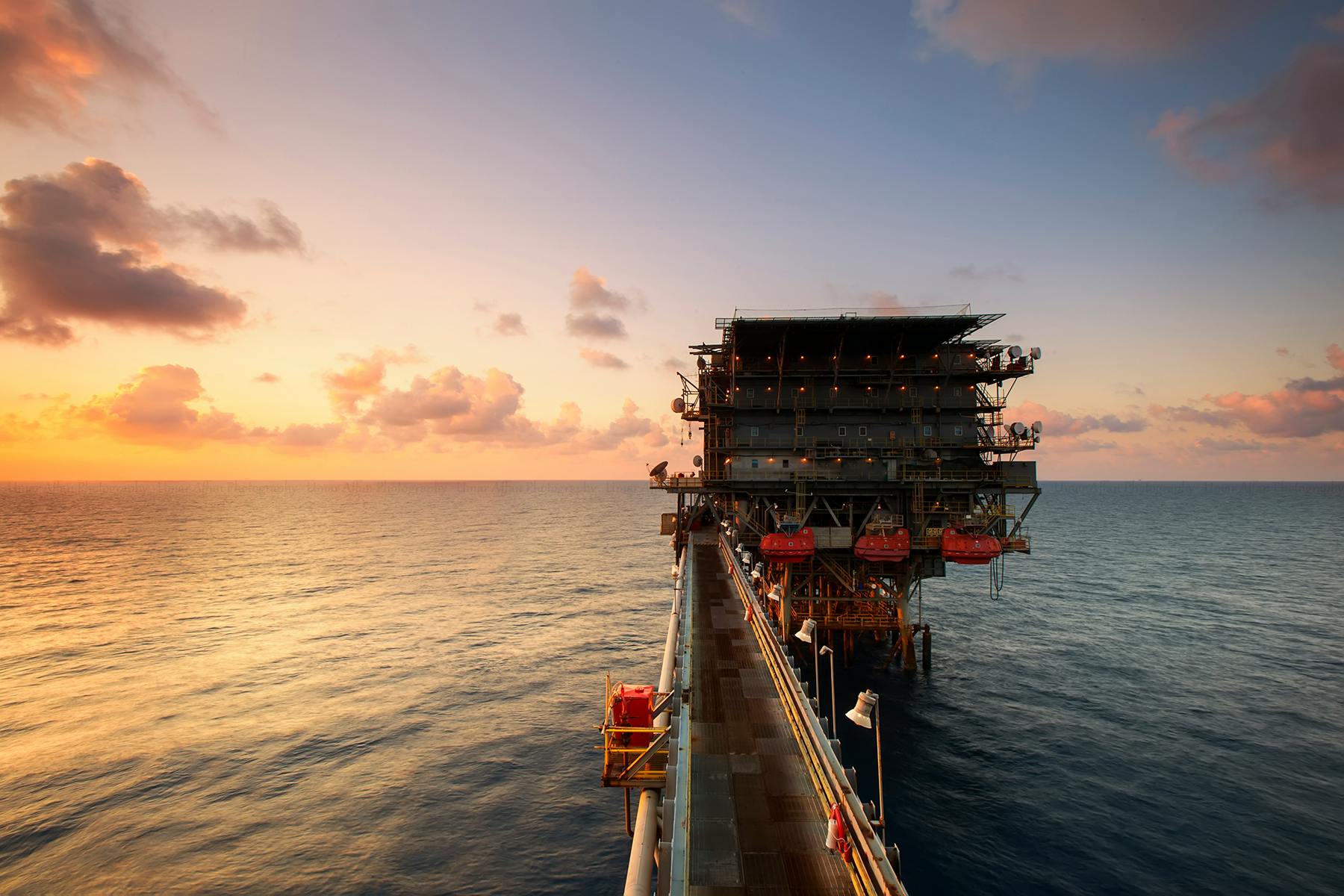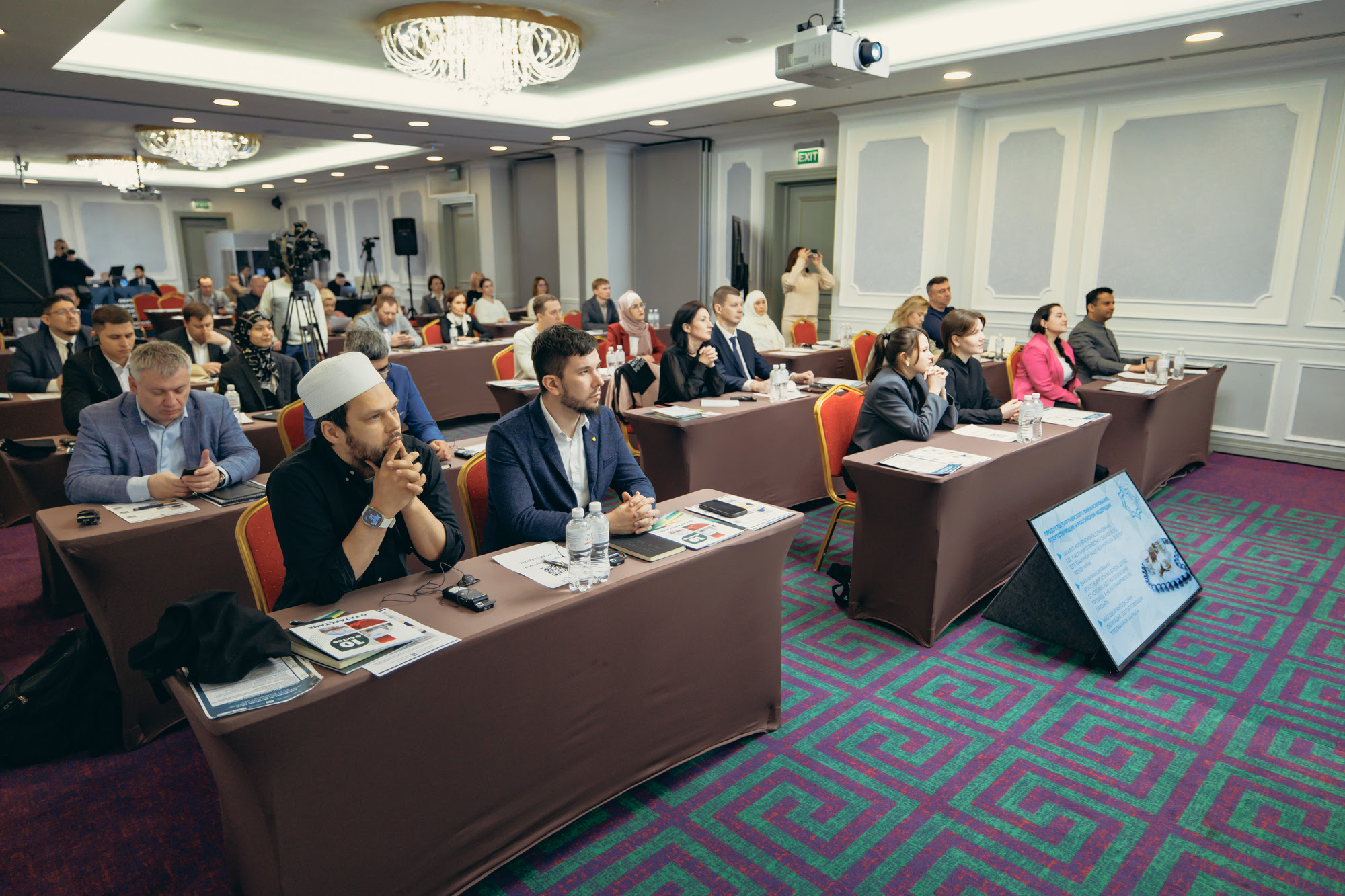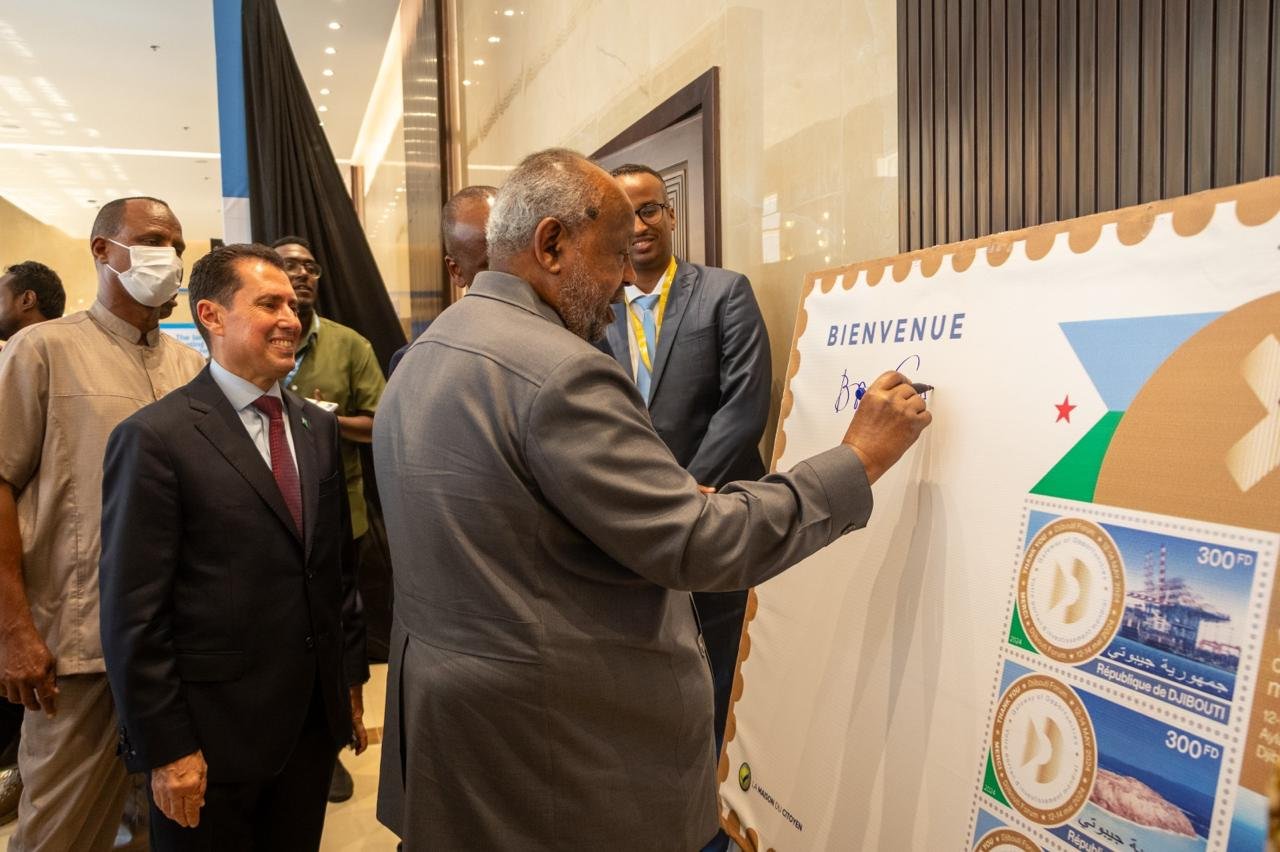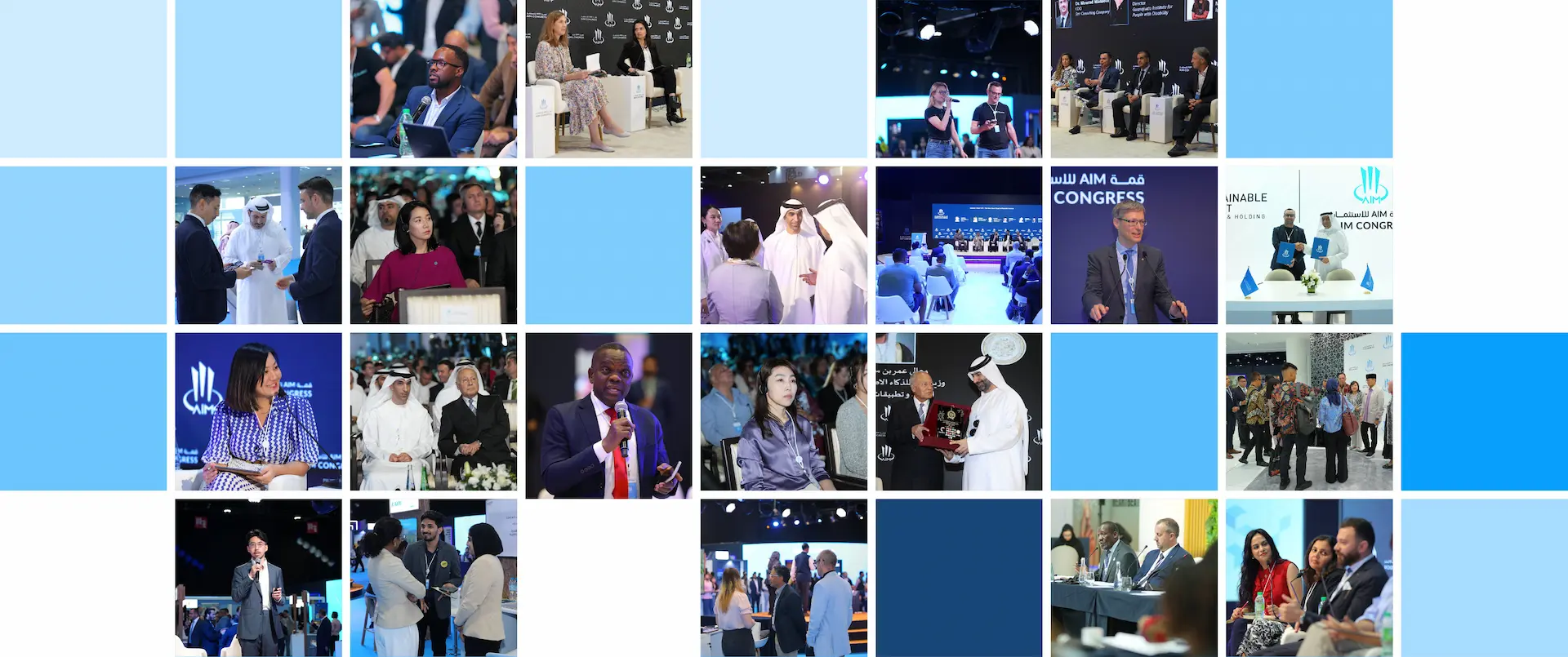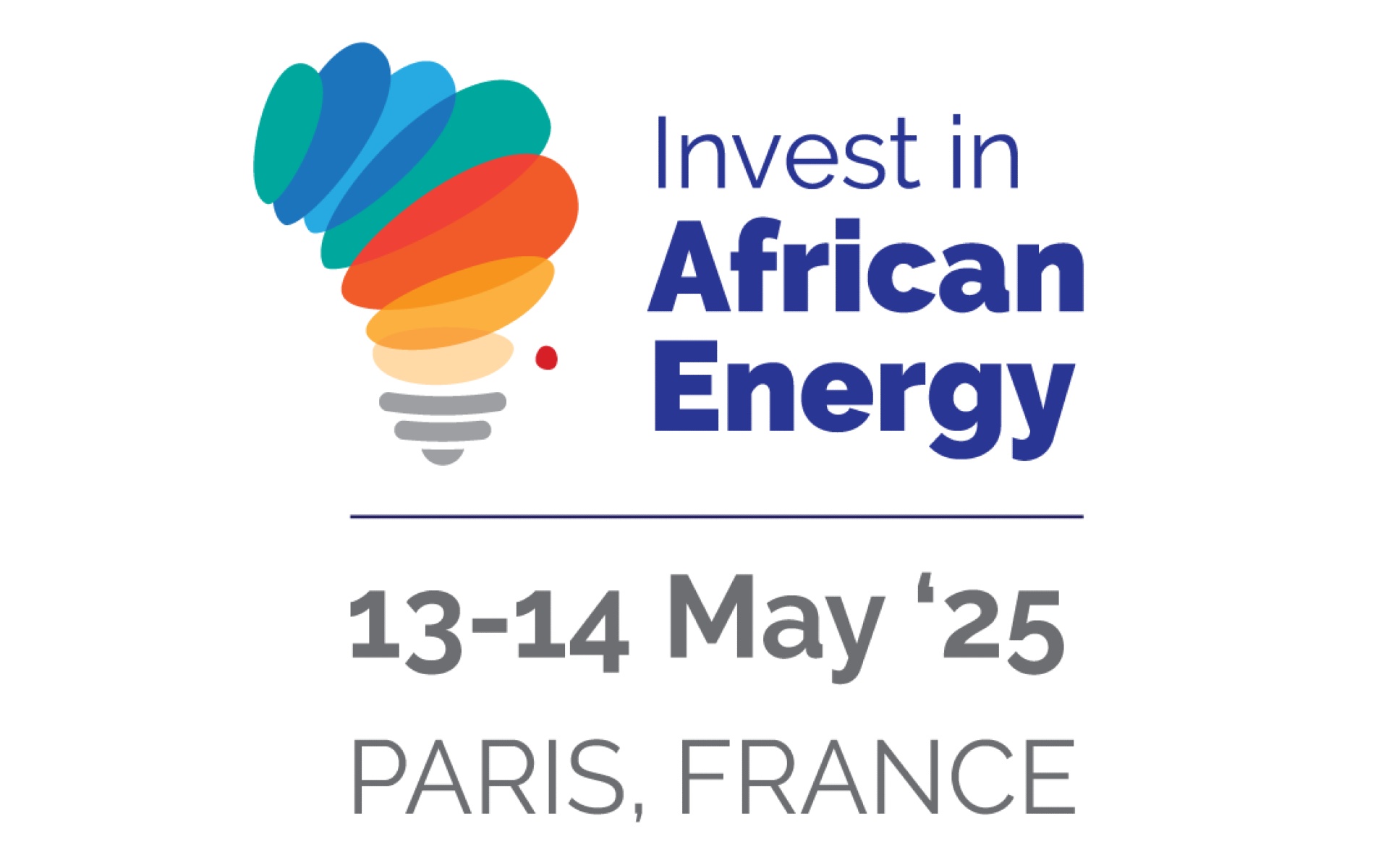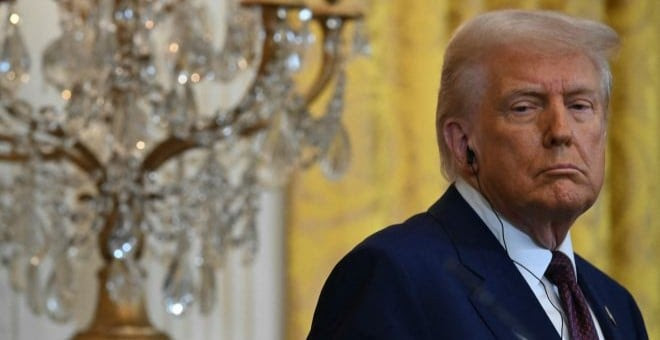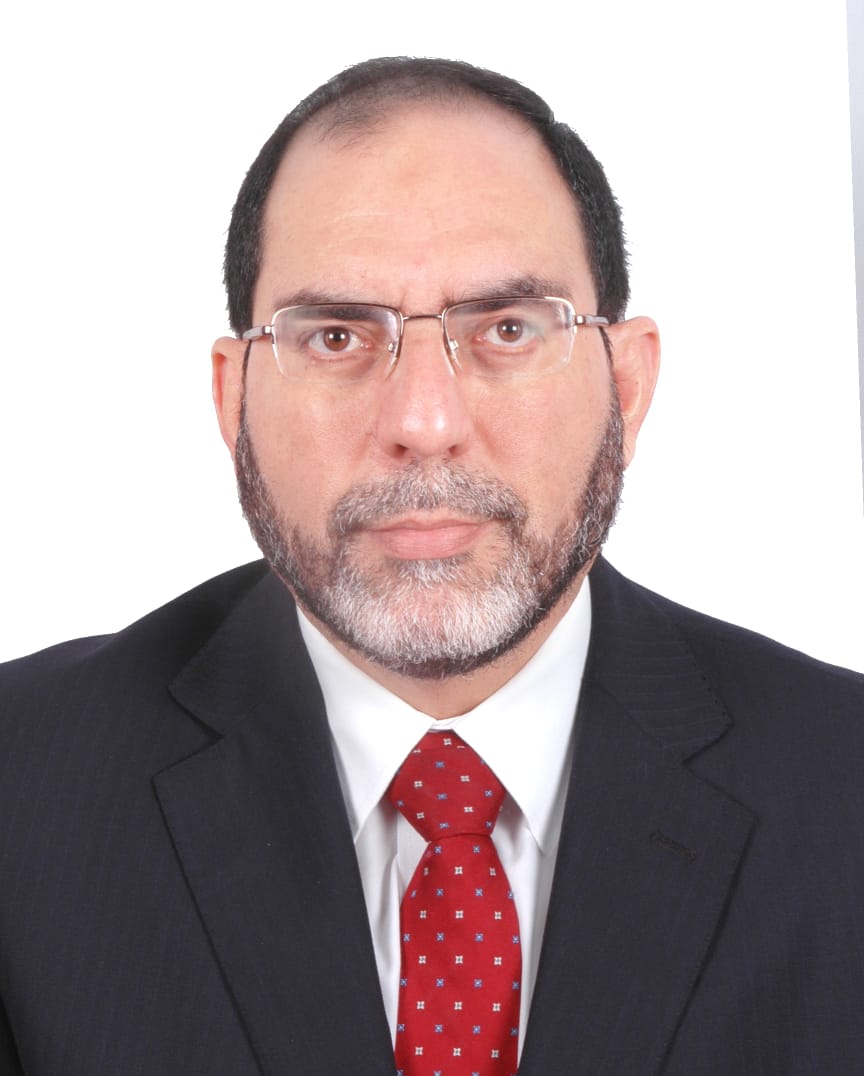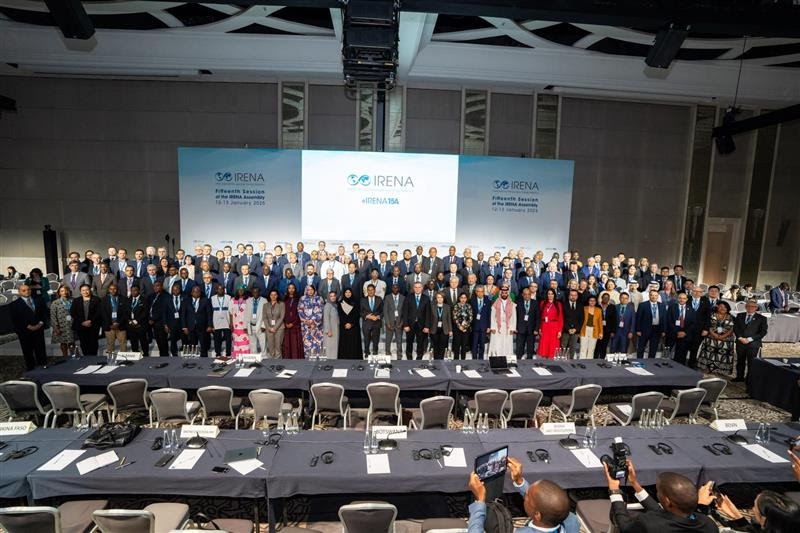Story: Mohammed A. Abu
Mr. Sohaili Ahmed Zubairi, a globally renowned Islamic Banking and Finance(IBF) and Shariah Consultant, who is also a former Advisor to the Dubai Federal government on Islamic economy, has said that, the current age-old debt initiation system has completely failed.
That is, in providing the economic relief to the people whose countries borrow money from development financial institutions (DFIs).
This outdated method Mr. Sohail intimates, needs to be replaced by a disruptive approach with the help of technology which should work inversely than initiating debt and piling it up over the existing liabilities.
Reasons
“The borrowing by the Global South countries in US$ or any other foreign currency puts pressure on local currency, resulting in its depreciation which in turn increases the inflation.
“Another factor is rampant corruption resulting in massive misuse of borrowed funds. A tiny percentage gets rich thanks to siphoning of funds for their own benefit and the people for whom the money was borrowed never get to see any value and get poorer.
“Another downside element in keep on borrowing is that, since the borrowed funds were not deployed for any productive purpose, the interest becomes additional burden for which the country reduces subsidies if they were there, cuts the development and social budget and indulge in costly borrowing from local central and commercial banks, or goes back to same or another DFI organization to borrow more to be able to pay the interest on existing debt.
“The 3rd major disadvantage of such foreign borrowing by poor countries is the repayment of principal amount for which new borrowing is sought from DFIs.
“I have seen the countries borrowing from a different DFI to repay to an existing DFI. Each time a new borrowing request is made, the country’s credit rating goes down and it gets more and more difficult to get access to new money” laments Mr. Sohail adding, “So, nothing goes right for the hapless sovereign state”
Mr. Sohail was speaking during an exclusive interview with your favourite, the Eco-Enviro News Africa magazine on how IBF could be leveraged for addressing the 3rd World debt overhung with particular reference to Africa. The continent was said to have recorded a public debt of USD1.8 trillion as of 2022, a 183 percent increase since 2010 which was much faster than the growth rate of its GDP.In 2021 with African governments said to have spent 4.8 percent of their GDP on debt servicing compared to 2.6 percent on health and education.
Islamic Sovereign Bonds(Sukuk) to the Rescue?
Contrary to populist view that Sovereign, Sukuk is the perfect panacea to 3rd World debt burden Mr. Sohail notes that, looking at sovereign Sukuk to solve the problem is being naïve since it makes no difference whether you issue conventional bond or Islamic Sukuk.
This is because, Mr. Sohail notes, the legal opinion issued by the counsel representing the potential investors categorize the Sukuk as debt capital market instrument (DCM), same as bond, and not as the equity capital market (ECM) instrument. Same applies to local currency Sukuk which too goes to add to local currency debt.
“It is incorrect to consider that by issuing Sukuk, you would not incur debt. There is no difference between bond and Sukuk when it comes to initiating the debt instrument. By issuing Sukuk, you reach the same result as when you issue bond.
“This is unfortunate that Sukuk is considered DCM although it is markedly different from bond in that former is asset based instrument whereas the latter is clean borrowing. It is a condition that the return to the Sukuk investors is generated by the Sukuk asset whereby there is no such condition in bond which pays interest irrespective of the application of bond proceeds.
“Moreover, the Sukuk investors become pro-rata undivided owner of the Sukuk asset and thus are exposed to diminution in the value of their investment upon the Sukuk asset incurring any damage or total loss.
“Another aspect is that all African countries are situated in Global South and most of them have no country rating. Those who are rated have junk grade and will not find any international institutional investor for their Sukuk. Even if they are lucky to attract some investors, due to non-investor grade rating (or junk rating) they will be demanded very high pricing.
“This is the capital market norm that any investment made by an institutional investor or a bank must be cleared by their board of directors. The board only approves investor-grade instrument for investment, starting with AAA and ending at Baa3 (Moodys), BBB- (S&P and Fitch).
On what is his expert recommendation for African countries struggling to make the ends meet, Mr. Sohail said, he will strongly recommend that instead of over focusing on foreign direct investment which is a far cry, they must pay attention to deepen their domestic capital market.
“Here, they could consider issuing local currency Sukuk with entry threshold kept low to mop up the liquidity from grass root level. The household in any country have great potential to contribute but are never given importance.
“The local currency retail Sukuk shall also reduce the dependence of public and private sector on to the banking industry which in turn shall be able to divert funds towards projects of national development.
“Also, the demand and supply equilibrium shall come into play since thriving local currency capital market would force the banks to reduce the rates at which they lend money.
“A thriving example is Malaysia where the domestic capital market is so strong that the country hardly issues a foreign instrument” he added.
Islamic Asset Tokenization Option to Sukuk
On what sharia compliant option other than sukuk would he recommend, for debt ridden 3rd World countries struggling with the never ending debt spiral Mr. Sohail said, the disruptive approach, or otherwise termed as Islamic Asset Tokenization.
The Islamic asset tokenization, he says, could be used for any Sharia compliant asset, be it immovable or movable.
In simple terms, Mr. Sohail explains, the asset tokenization means fractionalization of the ownership of an asset in bite size tokens e.g. Ghanaian Cedi 100/- per token and the sale of tokens through blockchain. “Following shall be the benefits of such transaction”
- It would not be classified as DCM but ECM, hence, there shall be no increase in the sovereign debt. To the contrary, the tokenization funding can be diverted to retire the debt, starting from most expensive borrowing.
- Instead of relying on foreign assistance, the country shall stimulate its own domestic capital market and mobilize local resources to do large fund-raising by selling tokens to public. The amount shall then be first diverted to eliminate local currency debt followed by FC borrowing.
- The small size of tokens shall enable the state to mop up the liquidity from grass root level which has never been done.
- The Sharia compliant assets for the purpose of tokenization may include the government owned real estate whether rented or self-use, monetization of future road toll, airport, sea-port, fleet of planes, railway, road transport, or any other Sharia compliant asset.
- Enormous amount of funding has gone into making these large hard-core assets and the annual revenue generated from them stretches the recovery period to over a decade. The tokenization shall enable the release of massive liquidity which can be prudently utilized to reduce debt which in turn shall curtail debt servicing, thus sparing the funds for public service causes, which hitherto were assigned to payment of interest.
- If the private sector also follows the course and resorts to tokenization, there shall be less dependence on banking sector which shall indirectly result in diversion of spared funds to the developmental projects undertaken by the state at lower pricing.
- A government-owned or supported digital platform shall be needed for higher credibility. Several tokens can be traded at the platform at one time similar to various shares traded at a bourse.
- The investors can offload the tokens at any time third party buyers from within the country or the overseas diaspora
. Future Projections
Citibank anticipates tokenization to grow by a factor of 80x to reach $4T by 2030 whereas BCG puts it at $16T by 2030. Deloitte estimates 10% of global GDP to be tokenized by 2027 and JP Morgan states that tokenization is the killer of traditional finance.
On what is his expert opinion with regards to the clarion call made by Africa’s Islamic finance advocates and enthusiasts on governments of African countries to adopt Islamic finance as an alternative financial system, he notes as follows:
“Adoption of Islamic finance by the African states will offer an alternate financial system with the parameters embedded in honesty, fairness, justice, sharing and caring besides no hidden fine print.
“The Islamic financing principles are God made and not man made, hence they are free from exploitation, greed, dishonesty, misrepresentation, deceit and cruelty. To the contrary, man-made systems is heavily protective of the lender and harsh to the borrower.
“The reason for such cruelty is that the conventional system treats money as commodity which creates rigidity since money is on both sides i.e. lending and the repayment.
“To the contrary, the Islamic principles treat the money simply as a medium of exchange and not the commodity hence the money is only on one side and the on the other side you will find good, assets and services.
Introduction of IBF by first time Countries
“Any African country willing to roll out Islamic finance must make its banking, taxation and legal system accommodative to Islamic finance. This requires review of existing statutes and making changes wherever deemed necessary.
“The reason why the changes need to be made is that as opposed to conventional finance where ‘one size fits all’ i.e. all clients’ needs are met through interest based lending, the Islamic finance is comprised of sale contracts and investment contracts.
“Introducing Islamic finance without amending the laws may incur double VAT or GST, hence making the transaction unattractive due to overloading of levies at both ends” adds Mr. Sohail.
On what is his comments on Ghana’s President John Dramani Mahama’s recent announcement that the country plans to introduce Islamic banking instruments, Mr. Sohail notes,
“It is a great development and exhibits strong political commitment. The top-down approach is always effective for any new initiative. I would hope that the president makes it clear that the Islamic finance is ethical finance and therefore, open to all citizens of Ghana irrespective of religious affiliations.
What is Islamic Finance?
Islamic finance is just another financial system with the difference that it is based on trading and investment and derives profit from such transactions rather than lending money and earn interest.
Another feature of Islamic finance is that its principles are ‘cast in stone’ and have not changed since 7th century AD when Prophet Mohammed (peace be upon him) had perfected them before passing away.
These principles are based on morals and ethics embedded in Quranic teachings which is the last word of God Almighty to humans and has been preserved in the sense that not a single letter has been replaced, changed or amended.
This is possible since God has Himself guaranteed protection of the entire Quranic text. Many efforts have been done to alter the glorious Quran but all have failed since the text is guaranteed by no one else but the author of Quran – God Almighty.
In Quran, God instructed Muslims to obey Him and obey Prophet Mohammed (pbuh) in order to achieve impeccable belief (Iman). Hence, the first source of guidance is the holy book Quran, followed by the Sunnah – sayings, actions and traditions of Prophet Mohammed (pbuh) and the approvals he granted to sayings or actions carried out by his companions – men and women.
Since all Islamic financing and investment contracts were finalized by Prophet Mohammed (pbuh) in his lifetime, they became the cornerstone of Islamic finance without any compromise on their principles. Thus, a Murabaha contract is currently executed in the same sequence and manner as it was carried out during the life of Prophet Mohammed (pbuh).
There is a saying that the only constant in this world is the change, meaning nothing is constant. Islamic financing principles have proved the saying wrong since there has been no change in the Islamic contracts during last 14 centuries and they will continue to remain steadfast in the future as well.
I have observed this phenomenon several times since I joined Islamic banking in 2001 that pressure was brought on by the market forces on to the Sharia scholars to allow some changes to Islamic contracts to match with conventional financial system but no scholar could accommodate even a minor change since that would have tantamount to going against Quran and Sunnah.
Even if a scholar tried a minor change, the other scholars did not agree to it. The peer pressure work as a good check and balance measure in Islamic finance.
